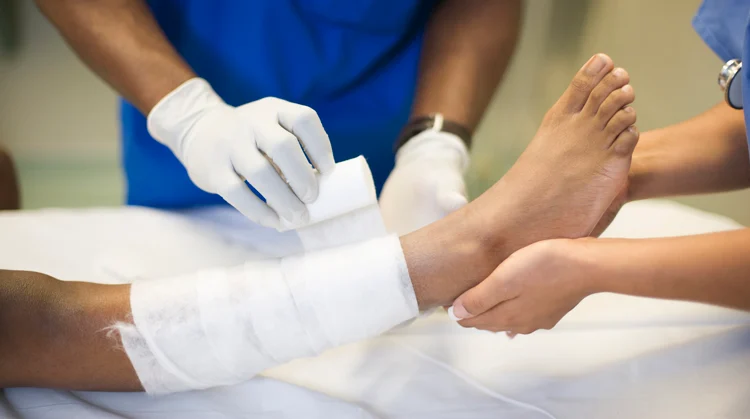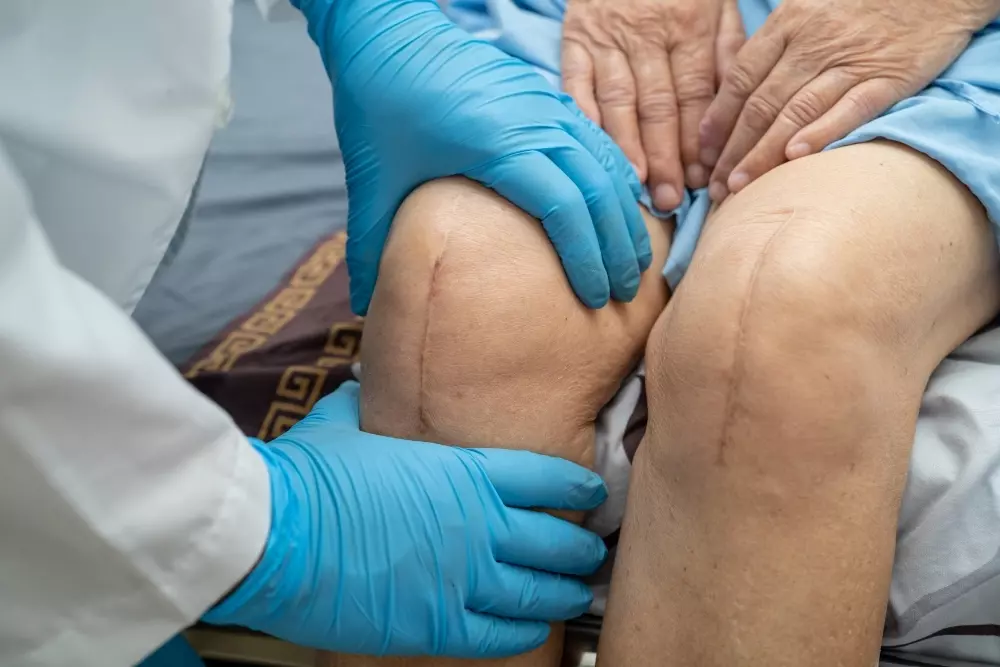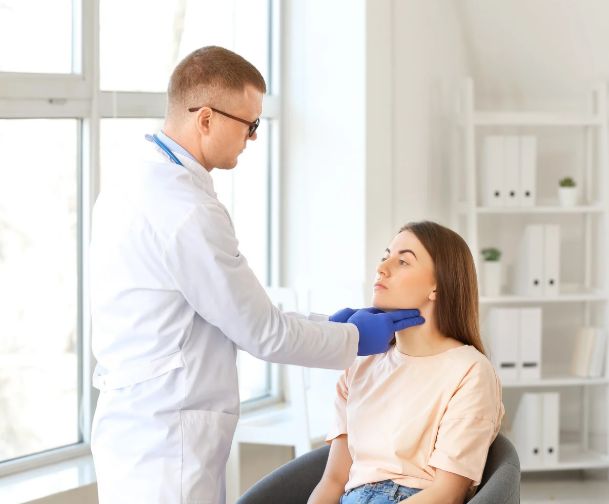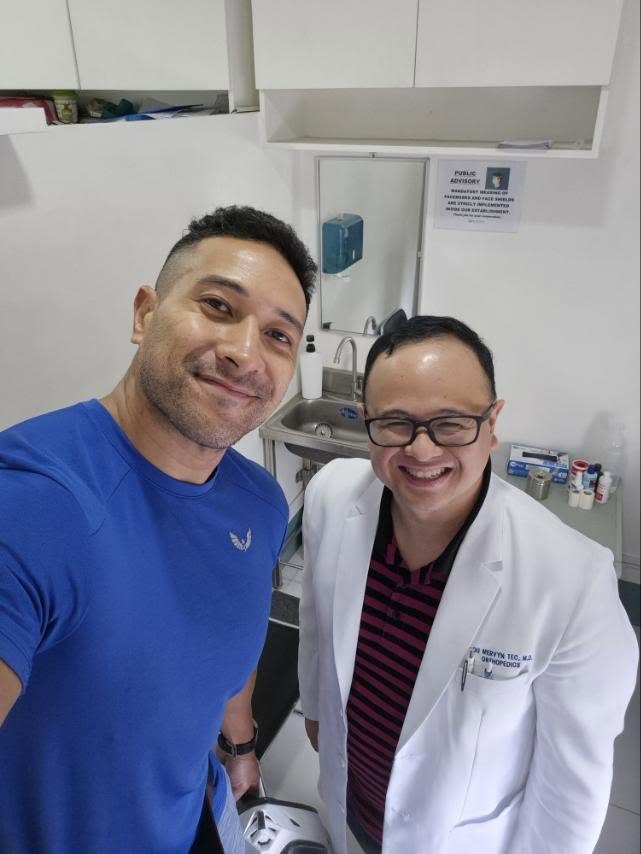The Lifelong Role of an OBGYN Clinic
An OBGYN clinic serves as a steadfast partner in a woman’s health journey from adolescence through the golden years. By offering comprehensive care tailored to every life stage, these clinics ensure that women feel supported physically, mentally, and emotionally. Establishing a trusted relationship with a qualified OBGYN provider creates a strong foundation for lifelong wellness. Regular visits allow for preventive care, early detection of potential issues, and timely treatment, all of which can significantly improve overall health outcomes. Beyond medical check-ups, an OBGYN clinic offers a comforting environment where sensitive topics can be discussed openly. This ongoing partnership empowers women to make informed choices about their reproductive health, lifestyle, and personal well-being. With a focus on education and proactive care, an OBGYN clinic stands as a reliable resource for maintaining optimal health at every stage of life.
Nurturing Adolescent and Teen Reproductive Health
The journey toward lifelong reproductive health often begins in the teenage years, making early visits to an OBGYN clinic essential. A first gynecological appointment helps teens understand what to expect regarding their bodies and establishes trust with a healthcare provider. These visits often include education about menstrual cycles, safe sexual practices, and the importance of maintaining emotional well-being. Vaccinations, such as the HPV vaccine, may also be recommended to protect against certain health risks. Preventive screenings can detect potential concerns early, setting the stage for a healthy future. By addressing questions and easing fears, OBGYN providers create a welcoming atmosphere for young patients. This guidance helps adolescents develop confidence in managing their reproductive health and encourages them to view regular check-ups as a normal and valuable part of self-care.
Guiding Women Through Reproductive Years
During the reproductive years, an OBGYN clinic becomes a vital partner for family planning, fertility support, and pregnancy care. Preconception counseling helps women prepare their bodies for a healthy pregnancy through nutritional advice and lifestyle adjustments. Fertility assessments and guidance provide clarity for those planning to conceive, while comprehensive prenatal care ensures the well-being of both mother and baby. Regular ultrasounds, blood tests, and check-ups help monitor fetal development and address any complications early. After childbirth, the clinic continues to provide postpartum support, addressing physical recovery and emotional health. From managing irregular cycles to offering compassionate care for pregnancy loss, OBGYN providers stand alongside women every step of the way. These services foster confidence, helping women navigate the many milestones of their reproductive years with the reassurance of professional care.
Family Planning and Birth Control Services
Family planning is an essential aspect of reproductive health, and an OBGYN clinic offers a wide range of personalized birth control options. Providers work with each woman to find the most suitable method, whether hormonal contraceptives, intrauterine devices (IUDs), or non-hormonal alternatives. Counseling includes discussions about lifestyle, future fertility goals, and any underlying health conditions to ensure the chosen method aligns with individual needs. The clinic also supports couples exploring fertility treatments, providing guidance and resources to help them achieve their family goals. Education about spacing pregnancies and understanding ovulation cycles empowers women to make informed decisions about timing and family size. Regular follow-ups ensure that contraceptive methods remain effective and address any side effects. With a patient-centered approach, OBGYN clinics help women take control of their reproductive health with confidence and peace of mind.
Caring for Midlife and Menopausal Health
As women enter midlife, hormonal changes and new health concerns often arise, making the role of an OBGYN clinic more important than ever. Providers offer hormone management strategies and therapies to ease symptoms of perimenopause and menopause, such as hot flashes, mood swings, and sleep disturbances. Screenings for osteoporosis, heart health, and gynecologic cancers help detect potential issues early. Education on maintaining bone density and cardiovascular wellness supports long-term vitality. Emotional and mental health resources, including counseling or support groups, help women navigate the emotional aspects of this life transition. Regular visits ensure that any health changes are monitored and addressed promptly, allowing women to feel their best during these years. With compassionate care and evidence-based treatment options, OBGYN clinics provide the support needed to embrace midlife with confidence.
Advanced Diagnostic and Preventive Care
Preventive care is a cornerstone of OBGYN services, ensuring that potential health concerns are addressed before they become serious. Routine screenings, such as Pap smears, mammograms, and pelvic exams, play a critical role in early detection of conditions like cervical cancer, breast cancer, and other gynecologic issues. Advanced diagnostic tools, including ultrasounds and minimally invasive procedures, enable accurate and timely treatment. Clinics also provide testing and management for conditions like endometriosis, fibroids, and polycystic ovary syndrome (PCOS). Preventive care plans often include discussions about nutrition, exercise, and stress management to promote overall wellness. By scheduling regular check-ups, women gain peace of mind knowing their health is closely monitored. This proactive approach allows OBGYN clinics to offer tailored treatments that support long-term well-being.
Patient-Centered Wellness and Holistic Services
Modern OBGYN clinics recognize that true health extends beyond physical care, offering holistic services that address the whole person. Nutrition counseling tailored to women’s unique needs helps maintain balanced hormones and healthy weight. Mental health support, including therapy or stress-reduction techniques, contributes to emotional resilience. Many clinics collaborate with other specialists, such as endocrinologists or physical therapists, to ensure comprehensive healthcare. Lifestyle guidance, including fitness plans and mindfulness practices, supports women in managing stress and staying active. Education on sexual health and relationships provides an open space for discussing concerns without judgment. By fostering a warm, patient-centered environment, OBGYN clinics empower women to prioritize self-care and build healthy habits. These holistic services enhance overall quality of life, ensuring that women feel supported in every aspect of their health.
Technology and Innovation in Women’s Healthcare
Innovation plays a key role in modern OBGYN clinics, improving both care quality and convenience. Telemedicine appointments provide access to healthcare from the comfort of home, making it easier to keep up with routine check-ins and consultations. Advanced diagnostic equipment allows for quicker, less invasive procedures with shorter recovery times. Electronic health records ensure seamless communication and coordination of care between specialists. Many clinics also utilize mobile apps for scheduling, reminders, and patient education. Cutting-edge treatments, such as robotic-assisted surgeries, further enhance safety and precision. These technological advancements create a more efficient and patient-friendly experience. By embracing innovation, OBGYN clinics continue to raise the standard of women’s healthcare.
Choosing the Right OBGYN Clinic
Selecting the right OBGYN clinic is an important step in maintaining lifelong health. Women should consider factors such as the provider’s credentials, the clinic’s reputation, and the availability of advanced services. Reading patient reviews and seeking recommendations from trusted friends or family can provide valuable insights. It’s helpful to visit the clinic beforehand to get a sense of the environment and staff attentiveness. Asking questions about available services, emergency care protocols, and communication methods ensures that the clinic aligns with personal needs and values. Proximity to home or work may also influence the decision, making regular visits more convenient. By carefully evaluating these elements, women can find an OBGYN clinic that offers the expertise, compassion, and comprehensive care they deserve.
Frequently Asked Questions (FAQ)
How often should women schedule a visit to an OBGYN clinic?
Most women benefit from annual visits, but the frequency may vary based on age, health history, and specific concerns.
At what age should a teen first see an OBGYN?
Experts recommend scheduling the first visit between ages 13 and 15, even if a pelvic exam isn’t immediately needed.
What services can I expect during a routine check-up?
Routine check-ups typically include a pelvic exam, Pap smear, breast exam, and discussions about menstrual cycles, contraception, or any health concerns.
Can an OBGYN clinic help with fertility challenges?
Yes, clinics provide fertility assessments, guidance on conception, and access to treatments such as ovulation induction or referrals to reproductive specialists.
Is telehealth available for OBGYN consultations?
Many OBGYN clinics now offer telemedicine for follow-up visits, prescription refills, and non-urgent consultations, enhancing convenience and accessibility.











